On May 27, continuing the program of the 5th session of the 15th National Assembly , the Government submitted to the National Assembly the draft Law on Amending and Supplementing a Number of Articles of the Law on Exit and Entry of Vietnamese Citizens and the Law on Entry, Exit, Transit, and Residence of Foreigners in Vietnam.
Extend e-visa duration
Presenting the report, General - Minister of Public Security To Lam said that the Government proposed to amend the provisions of the law to continue to create more favorable conditions for foreigners to enter and exit Vietnam. Specifically, increasing the duration of electronic visas from 30 days to 3 months, valid for single or multiple entries.
Another notable amendment is the proposal to increase the temporary stay period from 15 days to 45 days for citizens of countries that Vietnam unilaterally exempts from visas and who are considered for visa issuance and temporary stay extension according to other regulations. The current visa exemption regulation is 15 days. However, tourists from Europe to Vietnam often take long vacations of 15 days or more and tend to choose resort, cross-country and international tourism programs. Therefore, the Government sees the need to study increasing the temporary stay period for those entering the country under unilateral visa exemption to further facilitate tourists and enhance competitiveness in the region.
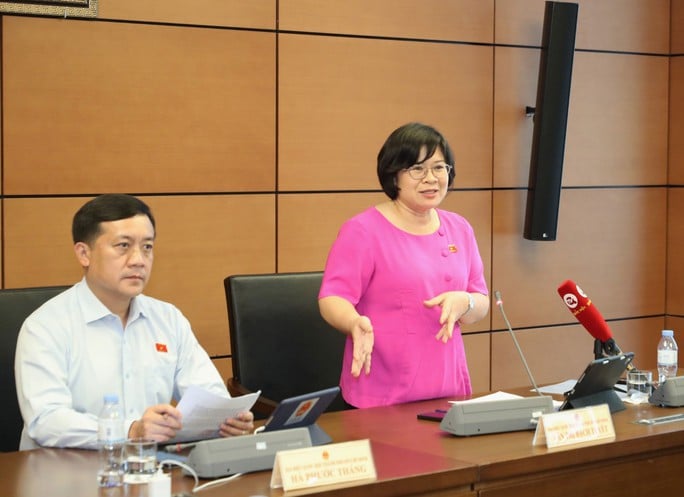
National Assembly Delegate Van Thi Bach Tuyet (HCMC) participates in the discussion. Photo: MINH PHUC
Chairman of the National Assembly's Committee on National Defense and Security Le Tan Toi said that the committee agreed to increase the time limit for granting temporary residence certificates at border gates for people entering under unilateral visa exemption from 15 to 45 days. This is in line with the reality when the demand for long-term entry into Vietnam increases, especially for foreigners coming to invest, work, travel, etc. The 45-day regulation is at the average level of countries in the region. According to Mr. Toi, there are also opinions suggesting increasing the time limit to a maximum of 60 days to be more flexible in granting temporary residence certificates.
Discussing the above content in the group, delegate Ha Phuoc Thang (HCMC) suggested that the Government consider creating favorable conditions to attract foreign investment and international tourists. "Why don't we take the highest level in the region but take the average level?" - delegate Thang raised the issue. He suggested that we could consider increasing the visa exemption period from 15 days to 60 or 90 days. Regarding the regulation to increase the duration of e-visa from 30 days to 3 months, Mr. Thang suggested increasing it from 30 days to 90 days instead of using the word "3 months" to unify implementation.
The Government also proposed expanding the issuance of e-visas to citizens of all countries and territories; assigning the Government to decide on a specific list of countries and territories on the basis of ensuring national defense, security, social order and safety, in accordance with Vietnam's foreign policy and socio-economic development. Regarding this content, Deputy Van Thi Bach Tuyet (HCMC) expressed her agreement and requested the Government to provide a list of countries and territories so that before passing the law, there would be a basis to report to voters.
Deputy Nguyen Phuong Thuy, Vice Chairwoman of the National Assembly's Law Committee, said she basically agreed with the submissions for the two draft laws. However, Ms. Thuy said that this is relatively late compared to the requirements.
Deputy Nguyen Manh Hung, Standing Member of the National Assembly's Economic Committee, also said that changing visa policies is too late. Since 2022, Thailand has had many visa extension policies, creating conditions for visitors to enter the country online. Mr. Hung emphasized that removing visa procedures is the key for Vietnam's tourism to take off.
Monitoring the development of social housing
On the same day, the National Assembly also discussed the 2024 supervision program.
Secretary General and Head of the Office of the National Assembly Bui Van Cuong said that the Standing Committee of the National Assembly has submitted 4 topics to the National Assembly to select 2 topics for supreme supervision, the remaining 2 topics are assigned to the Standing Committee of the National Assembly for supervision.
Topic 1 is the implementation of Resolution 43/2022/QH15 of the National Assembly on fiscal and monetary policies to support the Socio-Economic Recovery and Development Program and resolutions on a number of important national projects until the end of 2023 and related previous and subsequent periods. Topic 2 is the implementation of policies and laws on public service units from the issuance of Resolution 19-NQ/TW in 2017 to the end of 2023 and related previous and subsequent periods. Topic 3 is the implementation of policies and laws on ensuring traffic order and safety from 2009 to 2023 and related previous and subsequent periods. Topic 4 is the implementation of policies and laws on real estate market management and social housing development from 2015 to 2023 and related previous and subsequent periods.
Delegate Le Thanh Hoan (Thanh Hoa) agreed to include topic 4 in the supreme supervision program. This delegate suggested that the supervision program should focus more on the development and management of social housing because the actual implementation process still has many shortcomings. The supervision content needs to clarify who is living in social housing, which organization provides social housing, how social housing is subsidized and supported, etc.
Deputy Tran Hoang Ngan (HCMC) proposed that the National Assembly select the supreme supervision with topic 1. He recommended that the Prime Minister direct relevant agencies to study and submit to the National Assembly an emergency support package on social security, support for workers and families whose relatives died in the COVID-19 pandemic... With this proposal, Vice Chairman of the National Assembly Tran Quang Phuong suggested that the Government study it to report on its acceptance and explanation in the upcoming socio-economic discussion session.
Proposal to increase the service age of police officers
On the same day, authorized by the Prime Minister, Minister of Public Security To Lam presented a draft Law on Amendments and Supplements to a number of articles of the Law on the People's Public Security. In particular, the Government proposed to increase the service age of the People's Public Security (men increase by 2 years, women increase by 5 years); increase the age of officers and non-commissioned officers by 2 years; female officers with the rank of colonel will increase by 5 years, lieutenant colonel will increase by 3 years, and generals will remain at 60 years old as at present. Police officers who are professors, associate professors, doctors, and senior experts will have their service age extended from 60 to 62 years old for men, and from 55 to 60 years old for women.
According to the Government, this proposal aims to ensure the consistency of the legal document system; the increase is equivalent to the increase in retirement age according to the 2019 Labor Code. This content also ensures practical combat and work; ensures stability, creates conditions for planning, training, rotation, mobilization, and appointment of cadres in the industry.
M.Chien
Source










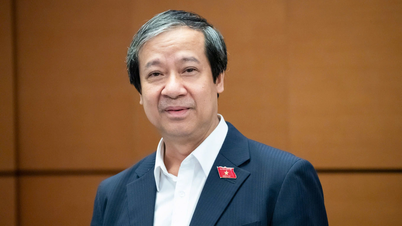
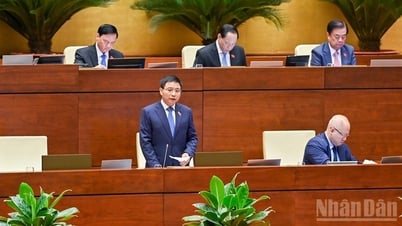

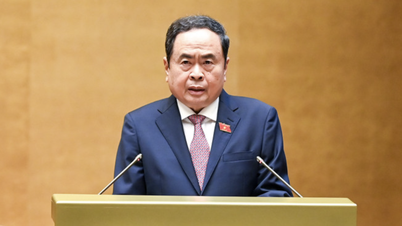
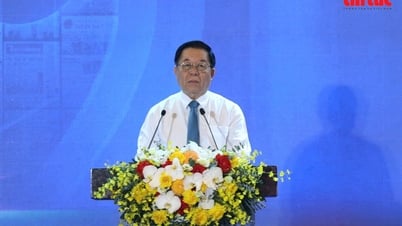

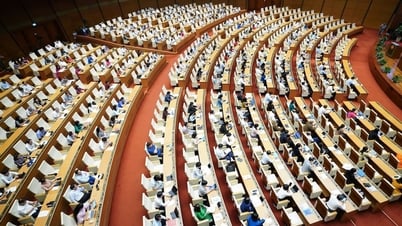







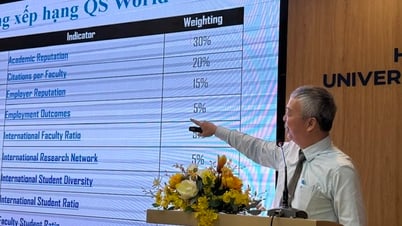


































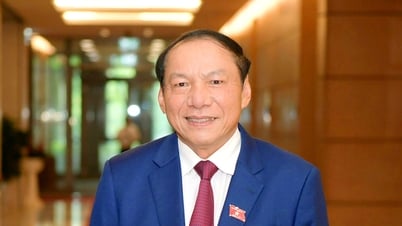








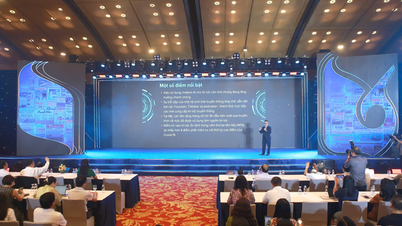








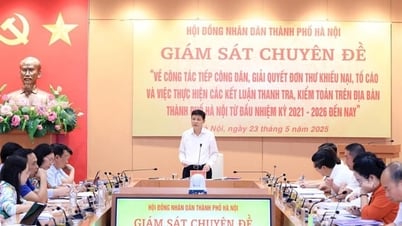

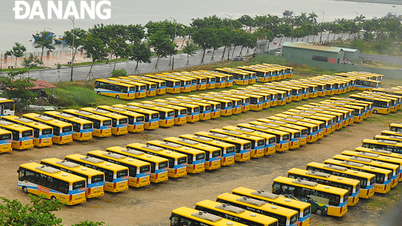




















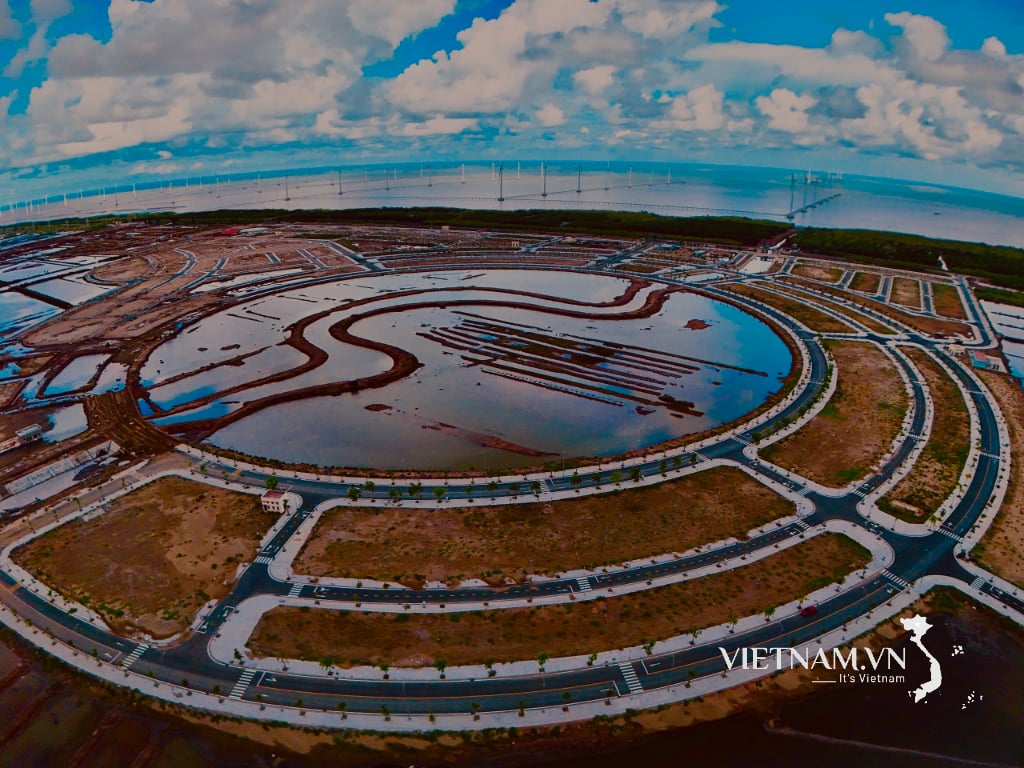

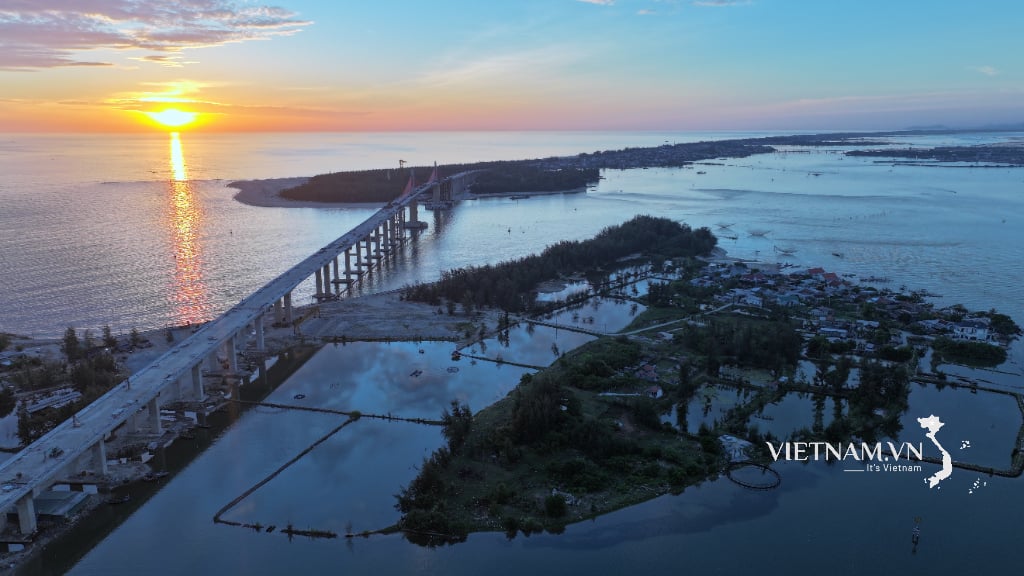
Comment (0)